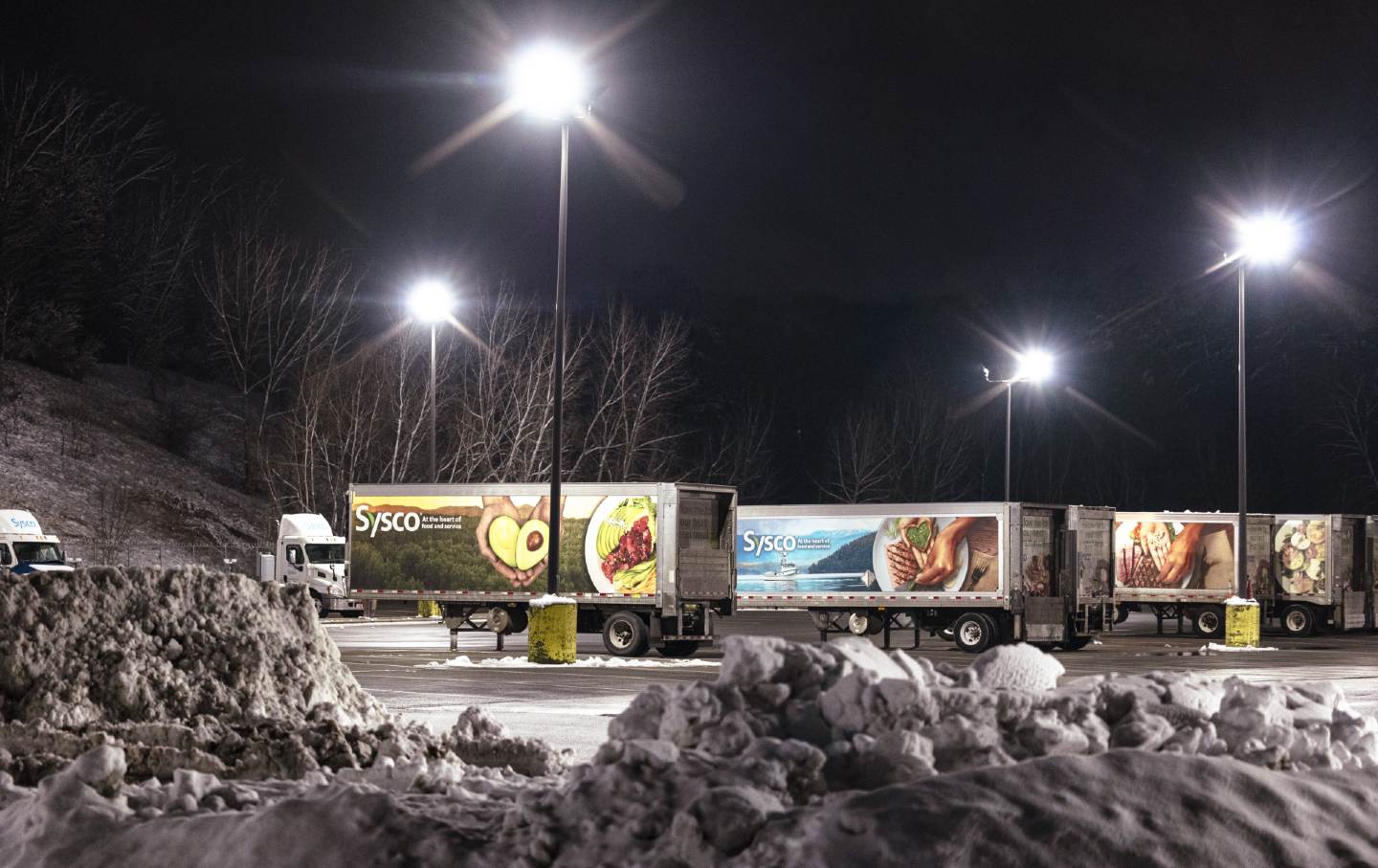
"One of my favorite restaurants is Milk & Honey in Harlan, Iowa, a small town in the western part of the state. The restaurant is run by Ellen Walsh-Rosmann, who is also a farmer and a mother. Milk & Honey has a delicious homemade strawberry jam that's way better than the normal mediocre corn syrup-based jam packets served at most diners. Their skillets include chorizo made from pork raised on Ellen's farm."
"Mirroring broader trends in the American economy, the largest chains are even consolidating their hold on the restaurant industry. In 2023, the largest ten chains represented 44 percent of all Top 500 chain restaurant sales. It's why every interstate exit increasingly seems to offer the same options. There's even been consolidation among owners of chains. A large number of food options in and around American malls trace back to one private equity firm named for the main character in Ayn Rand's novel The Fountainhead."
"A large number of food options in and around American malls trace back to one private equity firm named for the main character in Ayn Rand's novel The Fountainhead. The group, which is based in Atlanta, owns stakes in Arby's, Auntie Anne's, Baskin-Robbins, Buffalo Wild Wings, Carvel, Cinnabon, Carl's Jr., Culver's, Dave's Hot Chicken, Dunkin', Hardee's, Jamba, Jim 'N Nick's Bar-B-Q, Jimmy John's, McAlister's Deli, Miller's Ale House, Moe's Southwest Grill, Nothing Bundt Cakes, Schlotzsky's, Seattle's Best International, SONIC Drive-In, and Subway."
Milk & Honey in Harlan, Iowa illustrates how a local restaurant can serve high-quality, affordably priced food using farm-raised ingredients. Local operations can offer superior products like homemade jam and farm-sourced chorizo at prices similar to national fast-food meals. Major restaurant chains are consolidating market share, with the top ten chains accounting for 44 percent of Top 500 chain sales in 2023. Ownership consolidation extends to private equity firms that hold stakes in many national chains. Local full-service restaurants are becoming proportionally less common while chains adopt family-oriented aesthetics and slogans to appear local.
Read at The Nation
Unable to calculate read time
Collection
[
|
...
]